Fendi Baguette bag gets artisanal update
The Fendi Baguette ‘Hand in Hand' project celebrates Italian craftsmanship, with adorned iterations of the classic bag conceived by local artisans from Liguria to Piedmont
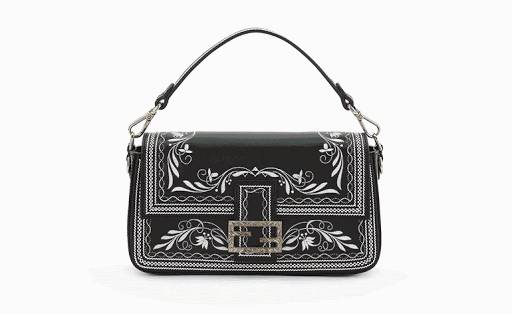
The Fendi Baguette bag, first introduced by Silvia Venturini Fendi in 1997, is a signature accessory of the Roman house. The timeless handbag style, with its idiosyncratic ‘FF' logo clasp, was designed to sit snugly under the shoulder, just the way the French carry their freshly baked bread, and has had numerous style iterations over the years. Fendi marked the bag’s 15th anniversary with an exhibition of embellished and embroidered Baguette designs, at storied Parisian concept store Colette. In 2019, the brand even launched a scented version of the style, infused with its ‘FendiFrenesia’ fragrance.
Now, the Fendi Baguette bag has been given its most artisanal update. In celebration of Italian craftspeople, working to uphold time-honed techniques, the brand has launched a series of limited-edition styles designed by Silvia Venturini Fendi in collaboration with artisans based in 20 regions across the country. Intricately formed, kaleidoscopic and tactile designs have been crafted by contributors including a family-run workshop of marquetry experts in Campania; embroiderers who operate from a castle in Piedmont; filigree specialists in Liguria; and mosaic makers trained from teenagehood in Emilia-Romagna. The iterations elevate the accessories into objet d’art.
Discover the Fendi Baguette bag in filigree
Each style from the collaboration – called the ‘Hand in Hand’ project – is available in a limited-edition of 20, and the inside pocket of every Baguette bag is stamped with the name and location of the artisanal atelier that crafted it, along with a gold ‘Fendi Hand in Hand’ logo. The bags symbolise time-honed craftsmanship, something Fendi strives to support and celebrate.
Explains one collaborator, who established a filigree workshop in Liguria in the 1980s, continuing a craft that originated in the Middle Ages, ‘Like many other handicrafts that should be preserved, it is increasingly important to be able to carry on the tradition.'
INFORMATION
Wallpaper* Newsletter
Receive our daily digest of inspiration, escapism and design stories from around the world direct to your inbox.
-
 Put these emerging artists on your radar
Put these emerging artists on your radarThis crop of six new talents is poised to shake up the art world. Get to know them now
By Tianna Williams
-
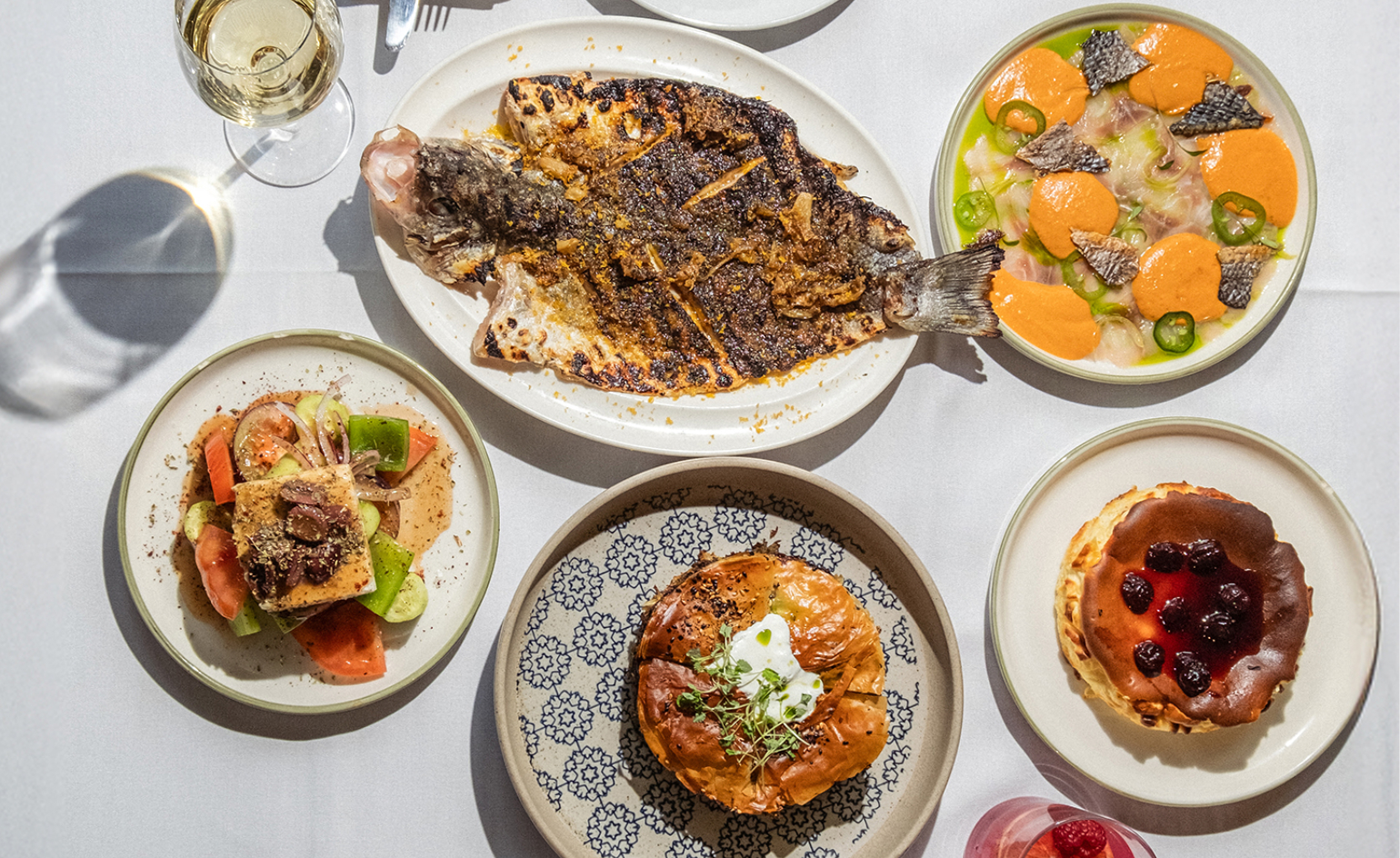 Dining at Pyrá feels like a Mediterranean kiss on both cheeks
Dining at Pyrá feels like a Mediterranean kiss on both cheeksDesigned by House of Dré, this Lonsdale Road addition dishes up an enticing fusion of Greek and Spanish cooking
By Sofia de la Cruz
-
 Creased, crumpled: S/S 2025 menswear is about clothes that have ‘lived a life’
Creased, crumpled: S/S 2025 menswear is about clothes that have ‘lived a life’The S/S 2025 menswear collections see designers embrace the creased and the crumpled, conjuring a mood of laidback languor that ran through the season – captured here by photographer Steve Harnacke and stylist Nicola Neri for Wallpaper*
By Jack Moss
-
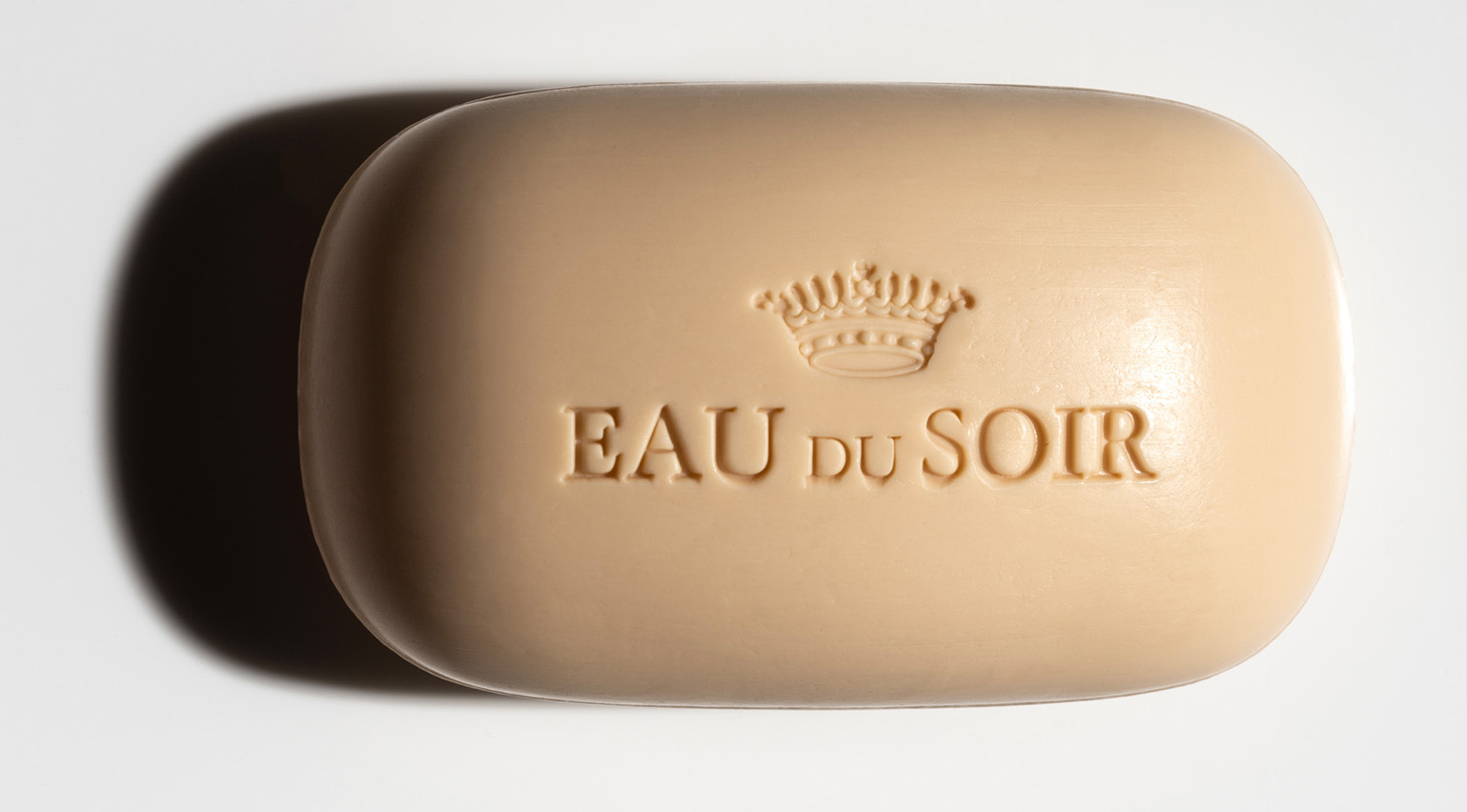 Unboxing beauty products from 2024, as seen on the pages of Wallpaper*
Unboxing beauty products from 2024, as seen on the pages of Wallpaper*Wallpaper's 2024 beauty picks included Chanel lipstick, Bottega Veneta perfume and solid soap from the likes of Aesop, Celine, Diptyque, Hermès and Sisley
By Hannah Tindle
-
 Kim Jones to exit Fendi after four years
Kim Jones to exit Fendi after four yearsFendi has announced that Kim Jones is leaving his role as artistic director of womenswear and couture at the Italian house, though will remain at Dior Men
By Jack Moss
-
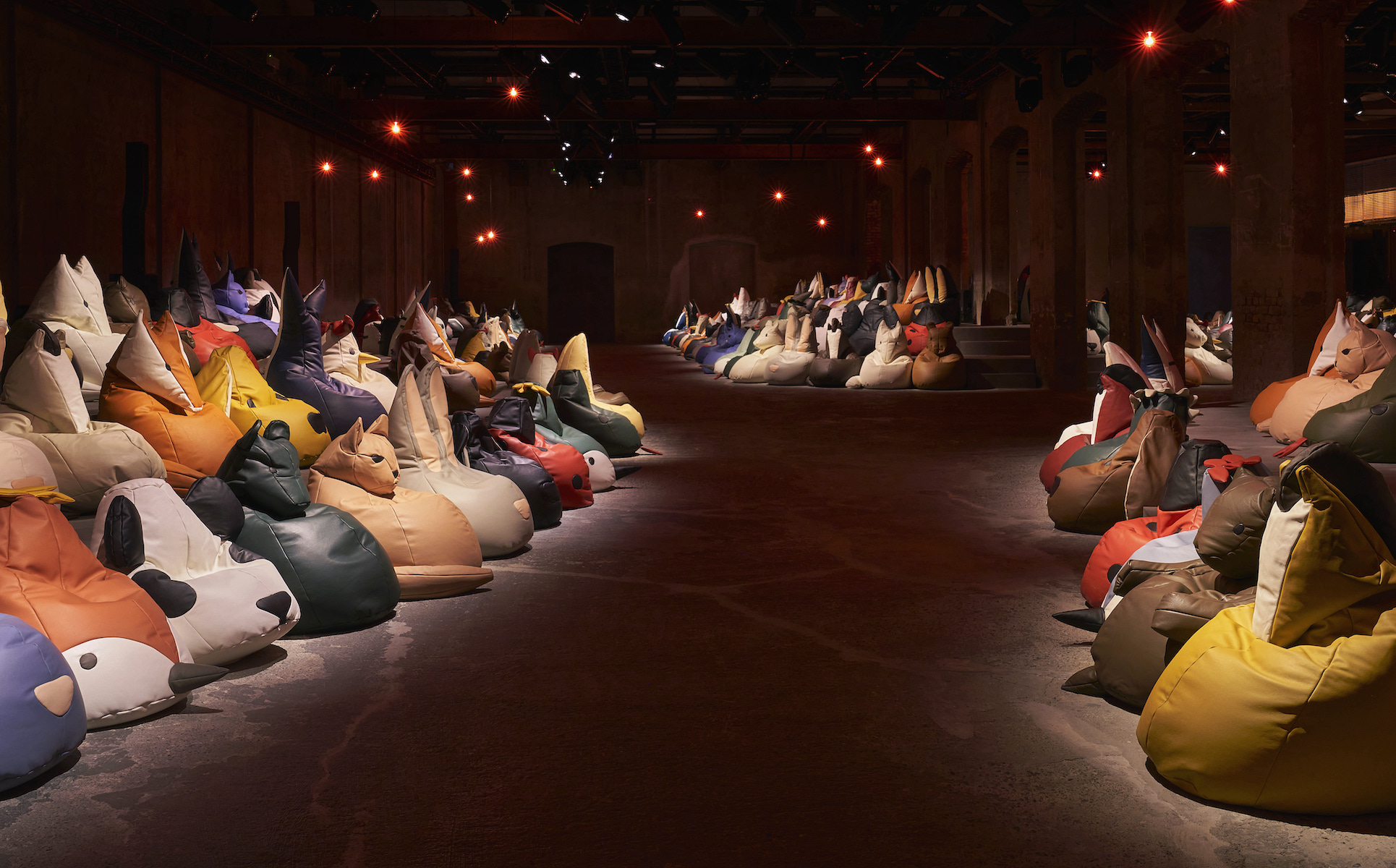 The breathtaking runway sets of S/S 2025, from beanbag animals to a twisted living room
The breathtaking runway sets of S/S 2025, from beanbag animals to a twisted living roomWallpaper* picks the best runway sets and show spaces of fashion month, which featured Bottega Veneta’s beanbag menagerie, opulence at Saint Laurent, and artist collaborations at Acne Studios and Burberry
By Jack Moss
-
 Milan Fashion Week S/S 2025 highlights: Dolce & Gabbana to Bottega Veneta
Milan Fashion Week S/S 2025 highlights: Dolce & Gabbana to Bottega VenetaWallpaper* fashion features editor Jack Moss selects the best of Milan Fashion Week S/S 2025, from Dolce & Gabbana’s homage to Madonna to childlike wonder at Bottega Veneta
By Jack Moss
-
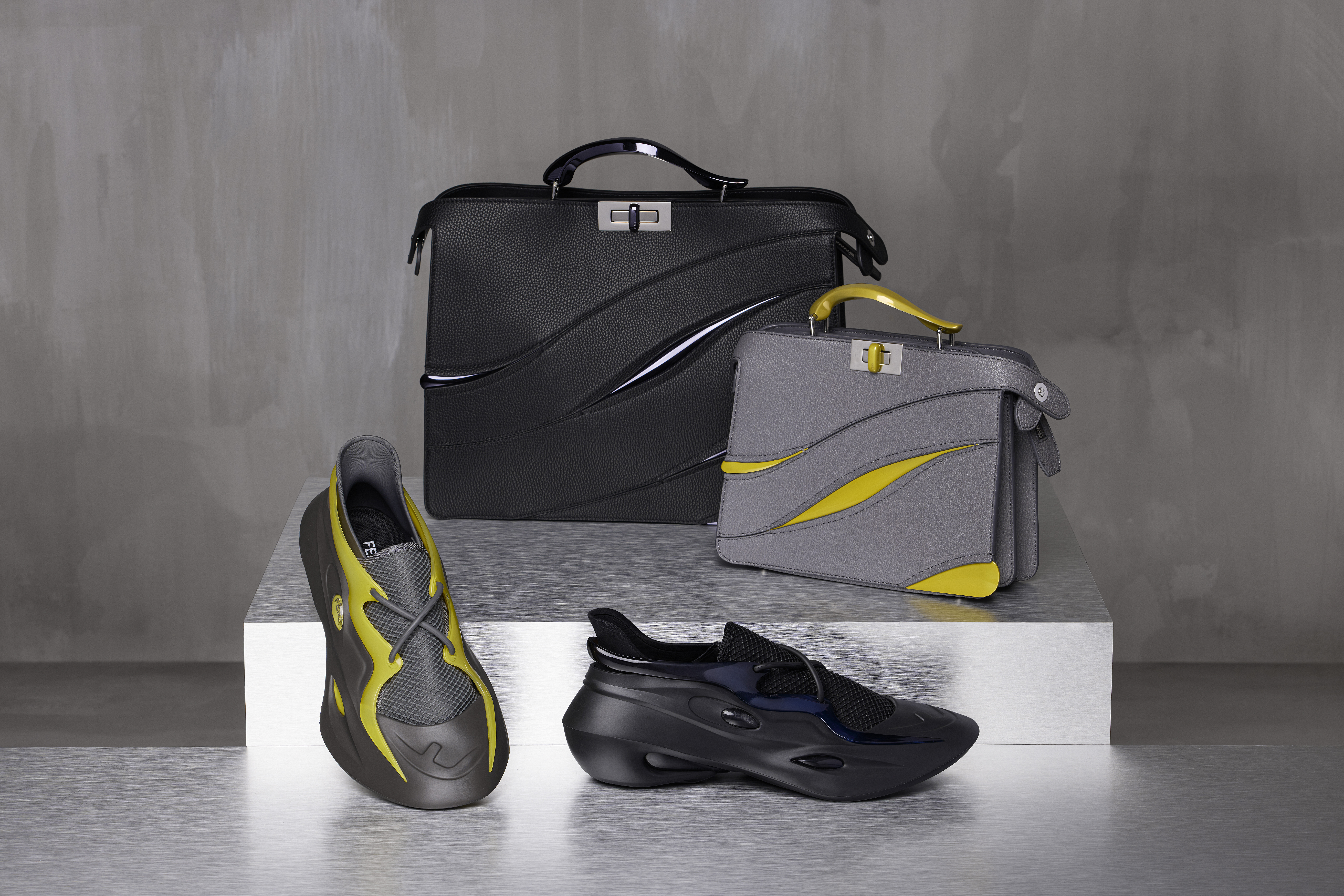 Fendi’s sci-fi collaboration with MAD Architects looks to have descended from a distant realm
Fendi’s sci-fi collaboration with MAD Architects looks to have descended from a distant realmA version of Fendi’s ‘Peekaboo’ handbag and an ergonomic sneaker are shaped by MAD Architects’ Ma Yansong’s ‘strange, unfamiliar’ eye in the Italian house’s latest collaborative project
By Jack Moss
-
 The A/W 2024 menswear collections were defined by a ‘new flamboyance’
The A/W 2024 menswear collections were defined by a ‘new flamboyance’Sleek and streamlined ensembles imbued with a sense of performance take centre stage in ‘Quiet on Set’, a portfolio of the A/W 2024 menswear collections photographed by Matthieu Delbreuve
By Jack Moss
-
 In fashion: the defining looks and trends of the A/W 2024 collections
In fashion: the defining looks and trends of the A/W 2024 collectionsWe highlight the standout moments of the A/W 2024 season, from scrunched-up gloves and seductive leather ties to cocooning balaclavas and decadent feathers
By Jack Moss
-
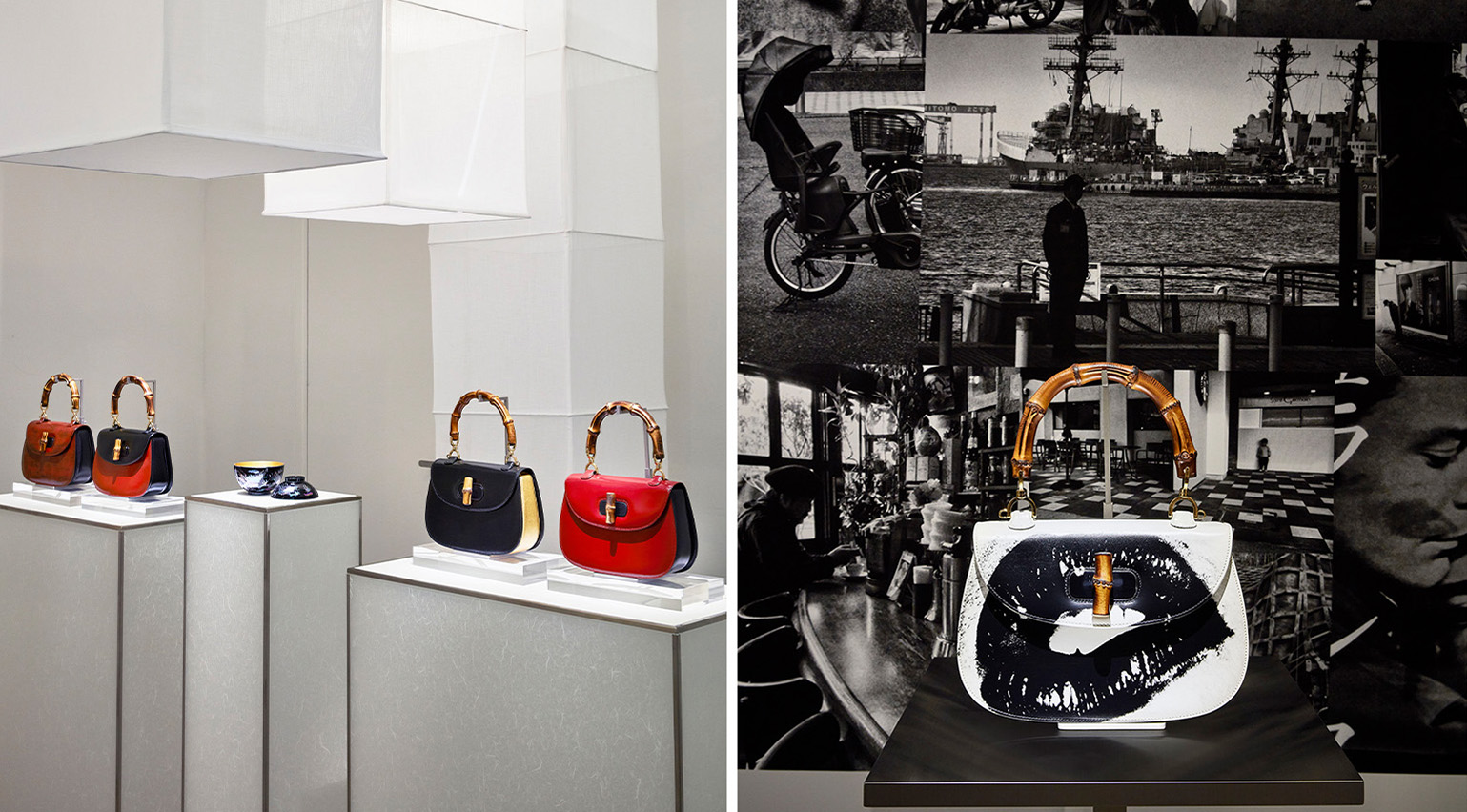 In Tokyo, Gucci drafts local artisans to reimagine the Bamboo 1947 bag
In Tokyo, Gucci drafts local artisans to reimagine the Bamboo 1947 bagGucci’s ‘Then and Now’ exhibition in Tokyo celebrates 60 years of the Italian house’s presence in Japan. Here, local artisans tell Wallpaper* the story behind their contribution
By Jack Moss